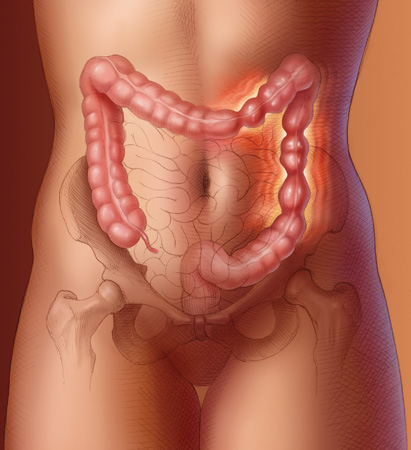Get Help For Irritable Bowel Syndrome Pain
Irritable Bowel Syndrome (IBS) is a common condition that affects the stomach, intestines, and digestive system. Although sometimes mild, the chronic disorder can cause painful cramps and bloating, which can be incredibly disruptive for those affected.
Our goal at NextPain Care is to provide effective, evidence-based, and minimally invasive treatments tailored to your unique needs. We focus on managing the painful symptoms of irritable bowel syndrome, offering relief through targeted therapies that prioritize your well-being.
Schedule Your Consultation!

What we do
There Are Ways To Manage Painful Irritable Bowel Syndrome
Irritable Bowel Syndrome (IBS) can be incredibly debilitating, especially for patients with more severe symptoms such as cramping, bloating, gas, nausea, fatigue, and abdominal pain. These symptoms can lead to other problems, including lack of sleep, poor concentration, and even depression.
Managing IBS is challenging, especially when symptoms are triggered by food and stress. There are between 25 and 45 million people in the U.S. with IBS, and the majority of them have mild to moderate symptoms.
At NextPain Care, our approach to pain management focuses on relieving the painful symptoms of IBS, helping you regain comfort and mobility. Our treatments are designed to manage IBS-related pain and support your journey toward a more active lifestyle.
-
Persistent painful cramps and bloating
-
Continued disruption to daily activities
-
Poor sleep and concentration
-
Potential progression to more severe symptoms
-
Effective relief from IBS-related pain
-
Improved quality of life and daily functioning
-
Enhanced sleep and concentration
-
Minimized risk of progression to severe symptoms

How Can We Help You?
What Causes Pain From Irritable Bowel Syndrome?
The exact cause of IBS isn’t known. However, various factors are believed to contribute to the disorder. For example, IBS has been linked to a surplus of bacteria in the intestines, changes in gut microbes, issues with the nervous system, muscle contractions in the intestines that are too strong or weak, and even early life stress.
Several types of pain are associated with IBS, including cramping, bloating, gas, and abdominal pain. The severity of these symptoms can vary from one person to the next. The type of pain experienced may also depend on the type of IBS (diarrhea-predominant, constipation-predominant, or mixed), generally determined by the individual’s bowel habits.
Pain is caused by the digestive tract muscles becoming too active and contracting more frequently, leading to cramping. This can also cause gas, bloating, and changes in bowel movements. The psychological effects of IBS, such as stress and anxiety, can further increase the symptoms.
Start Today




